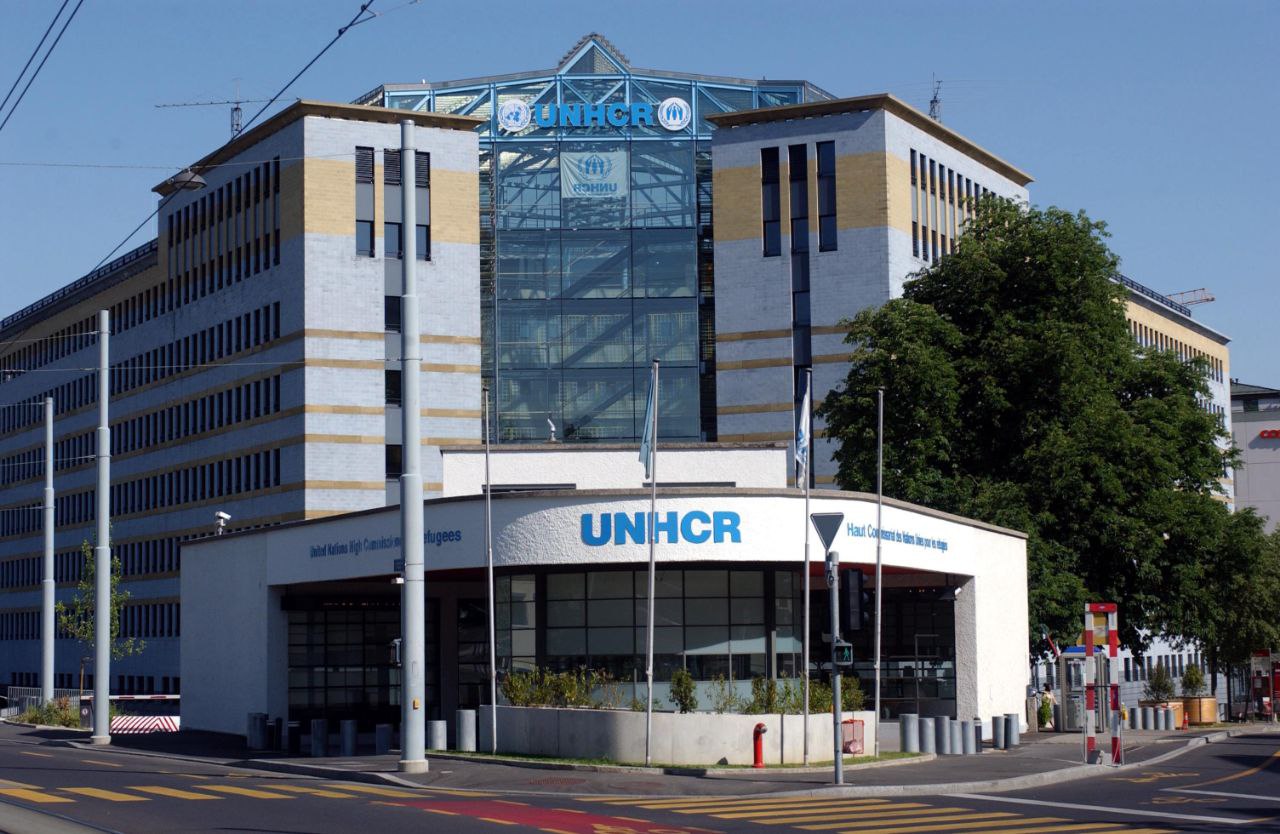
The United Nations High Commissioner for Refugees (UNHCR) warned Friday that a severe funding shortfall could derail plans to support the return of 1.5 million Syrians by 2025, potentially forcing some returnees to flee their homes once again due to deteriorating conditions.
A Historic Opportunity
Since the fall of the Assad regime on Dec. 8, 2024, nearly 400,000 Syrian refugees have returned from neighboring countries, while more than one million internally displaced persons (IDPs) have resettled in their home areas inside Syria, according to UNHCR spokesperson Celine Schmitt. The total number of returnees now exceeds 1.4 million.
“This summer presents a critical window for voluntary returns, especially as the school year ends,” Schmitt said during a press briefing at the Palais des Nations in Geneva. “But without sustained international support in shelter, livelihoods, legal aid, and protection, this moment could slip away.”
UNHCR has launched an operational framework to assist 1.5 million refugees and two million IDPs to return by 2025. However, it has secured only $71 million of the $575 million needed. The agency says this shortfall already threatens to reduce its Syria staff by 30% and may force the closure of 44% of its 122 community centers, which provide essential services such as psychosocial support and legal aid.
Schmitt warned that as many as 16.7 million people—about 90% of Syria’s population—require humanitarian assistance, and over 7.4 million remain displaced within the country.
Before the regime’s collapse, an estimated 6.2 million Syrians had fled abroad. The majority remain in neighboring countries, including three million in Turkey, over 775,000 in Lebanon, and more than 600,000 in Jordan, according to UNHCR data.
Digital Initiative
To support informed returns, UNHCR launched a new digital platform, “Syria is Home,” offering guidance on legal steps, identity documents, housing, and access to services. The platform aims to help Syrians navigate the challenges of rebuilding their lives after years of conflict.
Despite the funding gap, Schmitt emphasized UNHCR’s ongoing coordination with agencies like the World Food Programme (WFP), UNICEF, and the International Organization for Migration. “We remain committed to working alongside our partners to ensure returns are safe, voluntary, and dignified,” she said.
In a renewed appeal to international donors, particularly wealthy countries that have not contributed, UNHCR called the post-regime period a “historic opportunity” to stabilize Syria through reintegration.
“After years of war, returning and starting a new life is finally possible for Syrians,” Schmitt said. “By investing in recovery now, we can preserve hope and prevent future displacement. This is a collective responsibility we must not ignore.”








